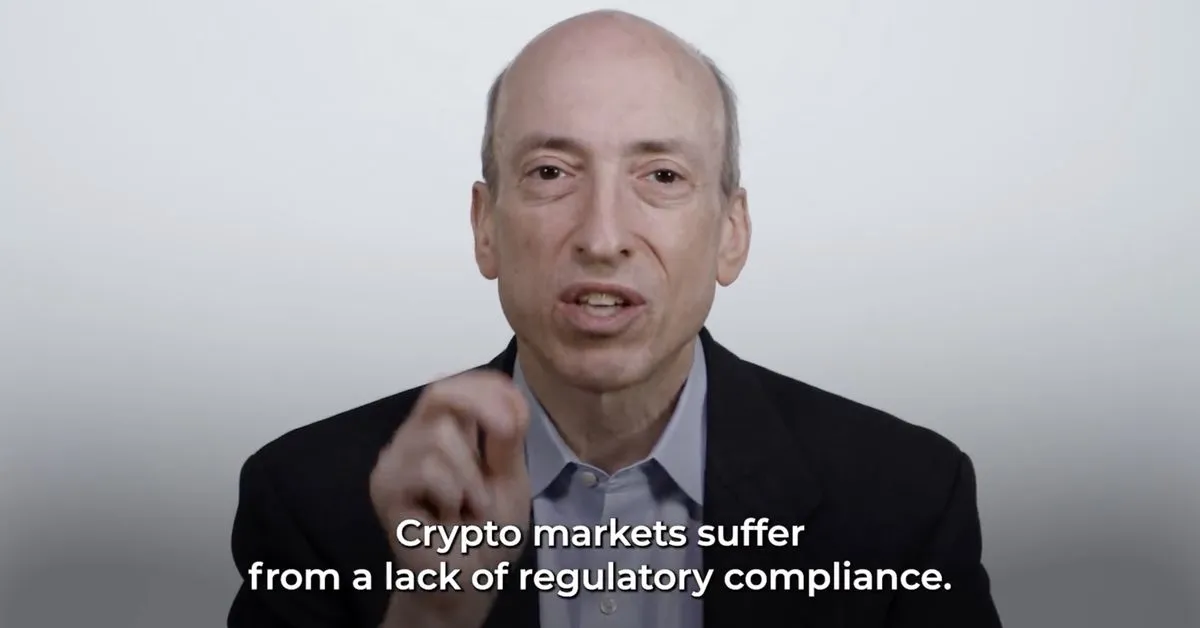The U.S. Securities and Exchange Commission (SEC) has launched a full-frontal assault on the cryptocurrency exchange industry with separate lawsuits against Binance and Coinbase, the largest such enterprises in the world and the U.S., respectively. Led by Chair Gary Gensler, the securities watchdog yesterday levied 13 serious securities violation accusations against Binance, including that the exchange failed to meaningfully separate its global and U.S.-based operations, put customer funds at risk, and engaged in a calculated effort to evade the law.
Perhaps most seriously, the SEC has accused Binance of commingling billions of dollars of customer assets through a third-party called Merit Peak Limited, which is owned by CEO Changpeng Zhao. The charges against Coinbase – which has built a reputation as a crypto exchange willing until recently to work inside the bounds of the law – are almost as devastating.
Coinbase’s alleged failures deprive investors of critical protections, including rulebooks that prevent fraud and manipulation, proper disclosure, safeguards against conflicts of interest, and routine inspection, Gensler said in a tweet.
The SEC and CFTC have a remarkable ability to signal what type of businesses or practices are less-than-desired in a functioning economy. And by going after the two biggest fish in crypto, it’s becoming clear that all exchanges are at risk. The SEC wants crypto companies to offer up more insight into who is using these platforms and how, such as bog-standard surveillance and information disclosure rules seen across financial markets.
It’s difficult to predict the results of these recent lawsuits – and they are likely to play out for years – but the scope of the allegations does suggest the SEC is looking to totally, irrevocably reshape how crypto functions. Liquidity is already being drained out of Binance, which, even before the lawsuit, was seeing multi-year low transaction volumes.
Some predict such a hostile move will bottom out the domestic U.S. crypto industry. Others that it may usher in an age for truly decentralized finance and decentralized exchanges. It’s worth noting that allegations are not facts, and some degree of skepticism is warranted given Gensler’s clear bias.
What is certain is that exchanges – if they want to benefit from the efficiencies and protections of operating as centralized companies – will need to start acting a lot more like fintech firms and banks. That means more KYC, more disclosures, and more interactions with regulators.
